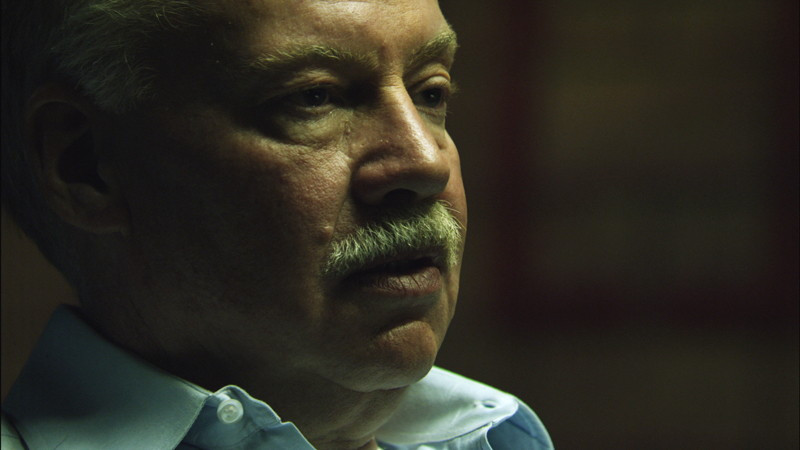The man who knew too much
American Movie director Chris Smith’s latest film pulls no punches in its challenging exploration of one man’s view of th
Every once in a while, a film comes along that challenges our preconceived notions and leaves a definite mark on its audience.
Michael Ruppert pulls no punches in his interview with his scathing analysis of peak oil and the energy crisis, the fate of the banking system and the very route of our desire to continue in endless growth. The feature is tied together seamlessly, filmed in a very simple style, one which speaks enormously well to the message of the film.
Ruppert, a former L.A. cop, recounts the story of his encounter with what he perceives to be the corruption and ignorance of those in positions of authority in America.
His story is told with a degree of humbleness, as evidenced by the downplayed style of filming.
The room in which the interview is conducted is dark and dimly lit. We rarely see outside its darkened walls, leading us into a feeling of both intimacy with Rupert himself and a sense of isolation from the veneer of logic in the outside world. What this ultimately achieves is the impression of a bittersweet sorrow about the fate of mankind.
While the evidence of our folly is directly in front of us, and it would be possible to change it, we are too blind to give up doing the same thing we’ve been doing for the last hundred years.
I cannot verify every fact that he says, nor claim to agree with the film’s entire viewpoint of life as it is. That may be simultaneously the film’s greatest flaw and greatest virtue.
When asked about the power of human ingenuity to solve any number of problems in life, Ruppert retorts that human ingenuity cannot overturn the laws of physics.
In this sense, he is correct.
However, Ruppert fails to consider the very fact that human ingenuity has allowed us, as rational creatures, to understand the laws of our environment and to act to achieve such goals, which ought to be the goal of any given social policy.
Despite this minor flaw, the film remains an excellent point of reflection for anyone, regardless of their political persuasion.
The “hundred monkeys” story, one of Ruppert’s most striking analogies for the world in which we live, offers an excellent summary of the man’s basic message. This is a message worthy of reflection.
Published in Volume 64, Number 19 of The Uniter (February 11, 2010)







